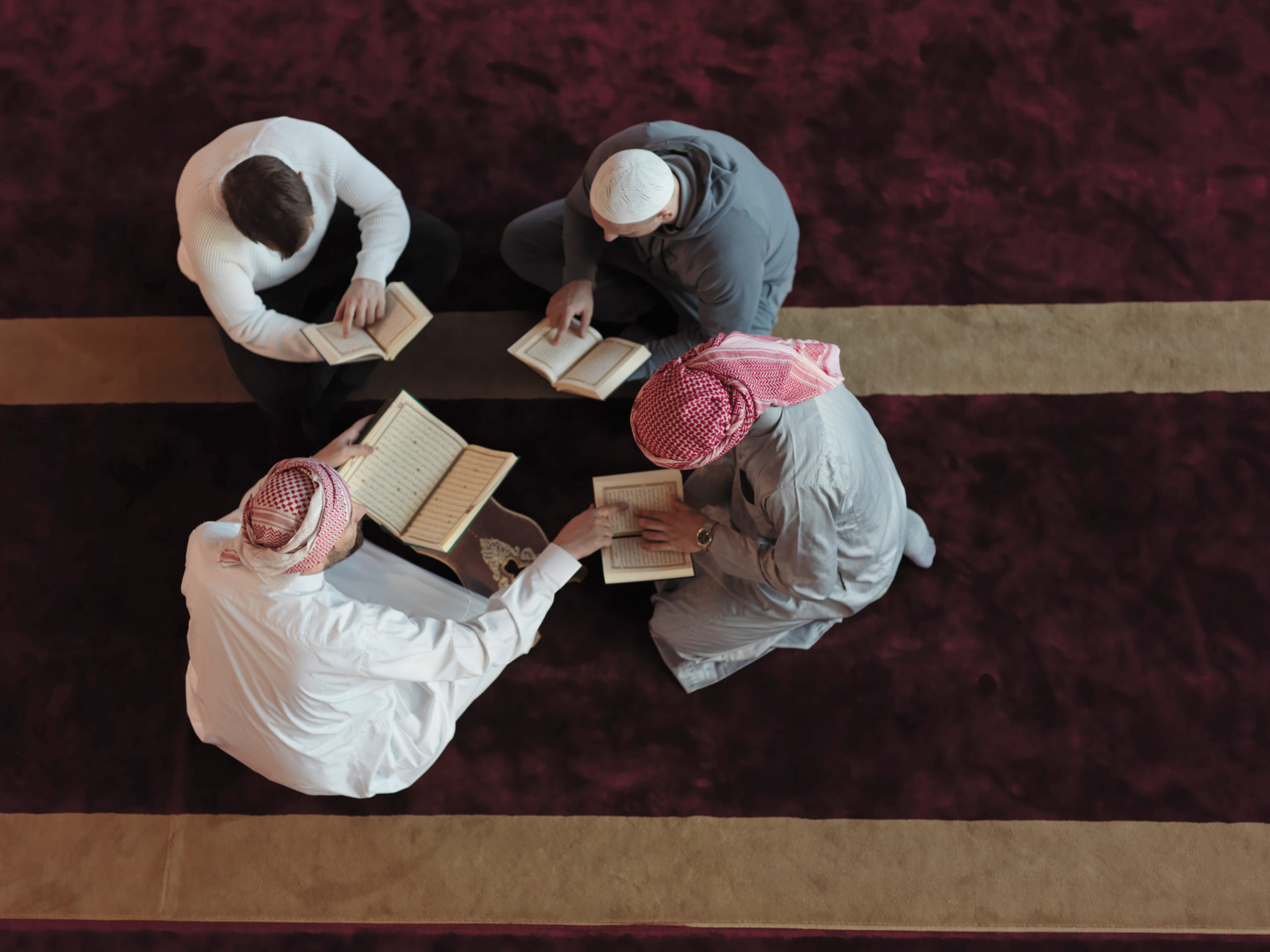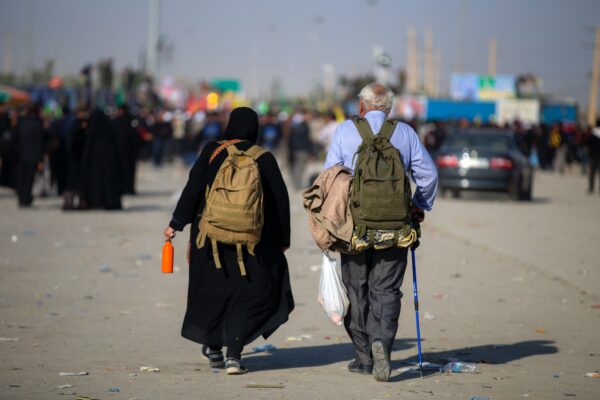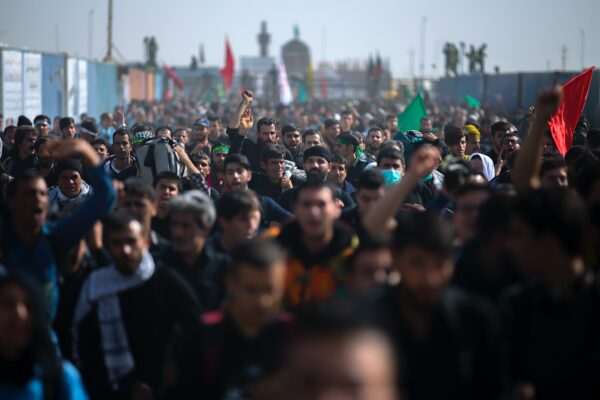We don our mourning clothes for the first ten days of Muharram, nod along to the sermons, shed some tears, and make resolutions to promise to remember Imam Hussain’s struggle every day. During the remaining eleven months of the year, however, most of us in the West will go back to our comfortable routines. We forget that the Battle of Karbala did not end when bodies littered the desert and Imam Hussain’s family were forcefully taken in shackles to Damascus. The Battle did not end when Lady Zainab gave a sermon relaying the atrocities of Karbala, in order to enlighten the people and show the plight of her Holy family. The Battle of Karbala is still going on today from the city of Quetta and the villages of Parachinar, to the oasis of Al-Hasa and the island of Bahrain, where innocent Shias are being killed.
A prime example of the ongoing struggle against the marginalization of the disenfranchised Shia minority is Sheikh Nimr’s plight in Saudi Arabia. The pro-democracy cleric faces a (now suspended) death sentence and has previously been held in solitary confinement for years on end for peacefully campaigning for rights for Shia Muslims, who face discrimination, injustice and intimidation at school, in mosques and in the workplace. Vali Nasr, a leading Iranian expert on the Islamic world says that for Shias in the Middle East, living under present day rulers has been “like living under apartheid”. The situation in Saudi Arabia today, therefore, echoes the oppressive oligarchy rule of Yazid at the time of Imam Hussain (as), Yazid being a man who induced oppression, intimidation and terror.
The ruling Al Khalifa family of Bahrain face increasing opposition from the Shia majority in society, who believe the family cannot legitimately represent a Bahraini government whilst using tools, such as the Saudi Army, to maintain a racial and sectarian divide. This wrongful leadership reflects the brutal gerontocracy of Muawiyah’s family, which led to the highly unpopular decision he made to make his son Yazid the next caliph, thus lengthening the reign of terror and brutality. Further comparisons can be made between discrimination now and mistreatment at the time of Imam Hussain (as), as the Shias held unjustly in prisons in Bahrain and Saudi Arabia are reminders of the forceful and inhumane imprisonment of the members of Imam Hussain’s family after the events that took place in Karbala. Indonesia’s instruction to Shias to “repent and convert”, or face unrelenting intimidation, mirrors Yazid’s command to Imam Hussain to pledge allegiance towards him. Imam Hussain’s refusal to follow the ruling of a murderer, drunkard and rapist makes him a symbol of freedom for Muslims who learn from him that it is better to “die on your feet than to live on your knees”.
This is why when the villagers of Parachniar were put under siege, they resisted and stood up against the brutal force of the Taliban. This is why when Indonesian Shias were told it was “their fault” that their houses were burned down, they did not relent and simply continued to hold on to their faith. The hunger strikes, protests, and sheer will to continue to spread the message of Imam Hussain (as) show how Muslims learn from Imam Hussain (as) to not be silent in the face of corruption and oppression. Even Gandhi, a Hindu, said that he “learnt from Hussain how to achieve victory whilst being oppressed”. The current systemic persecution of followers of the Prophet (pbuh) and his family show that this longstanding example of Imam Hussain (as) is relevant today more than ever. Muhammad Ali Jinnah has expressed that Imam Hussain (as) was the embodiment of “love and value, and the personification of sacrifice and devotion”, and that every Muslim must “learn a lesson from his life”. Indeed, Muslims should also learn a lesson from Imam Hussain’s death as a martyr, and as a man free from the shackles of a tyrannical regime. Sheikh Nimr, despite having been tortured, shot by police and unjustly imprisoned, perseveres in striving for human rights in order to preserve what Imam Hussain (as) saved. He has declared that his blood is a “small price to pay” in defense of his values, which reminds Muslims of all Imam Hussain (as) sacrificed to save the religion of Islam.
Believing that every day is Ashura does not mean lamenting every day; it means fighting oppression every day, in every form it takes. The Battle of Karbala is symbolic as it represents limitless courage, nobility and honour in the face of a cruel establishment, regardless of conditions and the fact that behind Imam Hussain (as) stood only 70 people out of an entire nation. Today, followers of Imam Hussain (as) face torture, abuse and psychological humiliation in order to be silenced into total submission. Let us learn from Imam Hussain (as) to not give into tyranny and oppression. Let us follow the example of Imam Hussain (as), who rose up against Yazid in order to reform the Islamic Ummah of the Prophet (pbuh). And let us remember to fight oppression, wherever it occurs, without fear, with faith and against all odds.





